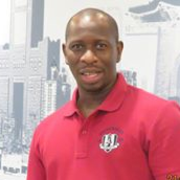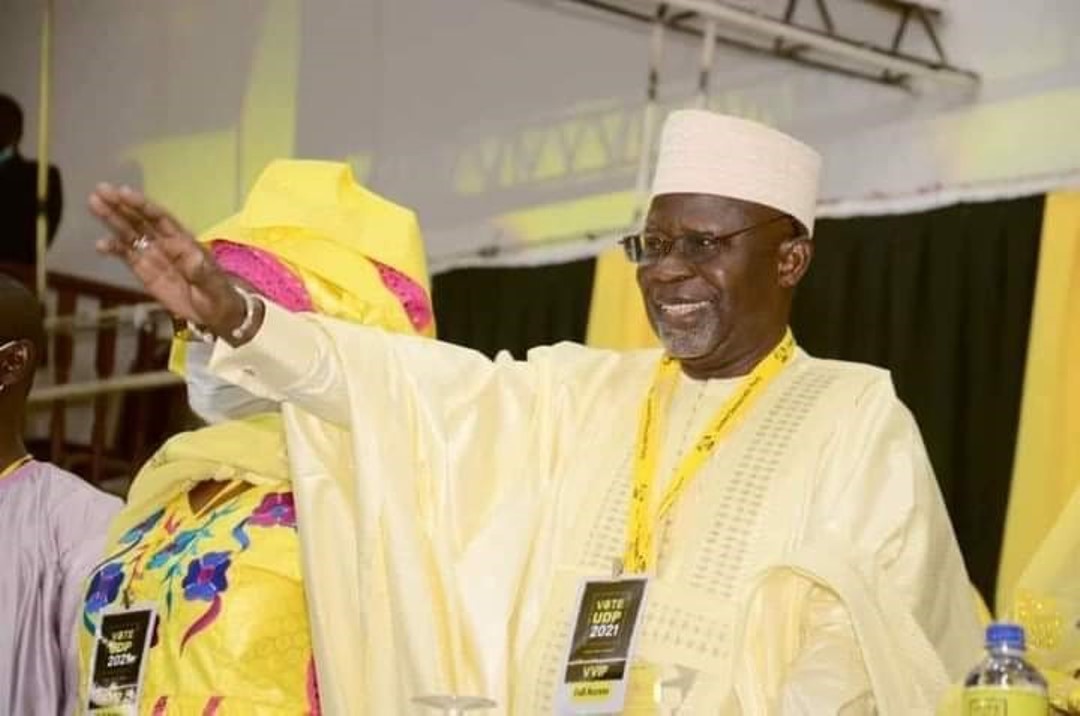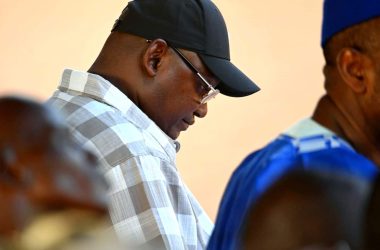
“A good nationalism has to depend on a principle of the common people, on myths of a struggling commonality.” Andrew O’Hagan
Being a breed of globalisation where I might align my thinking to a statement once said by George Santayana that: “to me, it seems a dreadful indignity to have a soul controlled by geography”, I don’t think I will wholly succumb to the idea of sticking all thoughts or profusely rendering all of ones energy to safeguarding the pride of nationalism just for a mere sake, but at the extreme, when my identity boils down to the dare need of nationhood and when nationalism is the only driver to the peace and prosperity of my country; when nationalism is what can change my country’s developmental terrain, then guarding that quest for development, that peace and prosperity, will worth me my last breathe. I will breathe nationalism, I will bath in nationalism and I will die in the palms of nationalism.
I am not trying to be sarcastic or too quick to bring to discussion, an issue of ethnicity, which some critique might consider being premature to be addressed at this time, but by virtue of the way some of my countrymen are driving the wheel for political change or insight or leadership in The Gambia, I see their actions to be alarmingly unruly.
This trend calls for an intellectual discussion among all patriotic Gambians and the international community at large. The call for a change of any regime or the quest for sympathy and support by followers should not and never be aligned to ethnic differentiation or segregation or should I call it, ‘transparent partitions in an open dormitory’.
There is no security in such a partition. It is entirely useless to any call for development or nationhood. It is categorically catastrophic. Metaphorically, we should see ourselves as a ‘self-contained house’, where every individual room or closet plays a vital role in giving the owners the desired comfort; and the roof, binding them to give the entire building a pride-rendering shape. The roof and the rest of the components of the house, in this context, is our country, our nation, our state, the Gambia.
We should align ourselves more to this nation than to our individual ethnic classifications. Here, I don’t despise ethnicity; rather, I am ruling it out from being a centerpiece for nation building. We should only see our ethnic differences as colors in a rainbow. These colors complement each other’s beauty, they are never there to compete or refute each other’s position. They emphasize restrain, thereby rendering the rainbow the potent attractiveness to even the child who doesn’t know or understand its existence. Without the co-existence of these colors, no one would dare spend even a second to look at the rainbow.
The simple fact we need to comprehend and wholeheartedly accept is that ethnicity, on one side, is ‘a mistake in our social construct’, where all humans – with bloods which in one way or another might comprise of different groups but could be compatible in many instances based on groupings – are separated by virtue of our variations in languages, geographical demarcations, socially-constructed-inherited occupations (for example Serers as fishermen, Jolas as farmers, Fulas as herdsmen), and so on.
Nonetheless, this mistake should not be seen as an ill-health. It should not be taken as an advantage to create conflicts within our societies. Rather, it should help us understand, appreciate and accommodate the plurality of cultures we have. In the simplest form, these diversities in culture give us the different models of lifestyles that can obliterate boredom from our societies. We both should accept this basic fact.
Contrary to the “mistake in social construct’, history has helped mold an all-inclusive positive form of ethnic tolerance in our sub-region which is definitely absent or insignificant in some parts of the world. We have joking relationships almost among all the different ethnic groups in our country.
This relationship, being it the asymmetrical relationship (where one party is required to take no offense at constant teasing or mocking by the other) or symmetrical relationship (where each party makes fun at the others expense), should be fully appreciated as a blessing for us. Without doubt, most of the readers that are familiar with this form of interactions in our societies will agree to the benefits it propagates.
A typical benefit of this interaction is that it mediates and stabilises social relationships where there is tension, competition, or potential conflict, such as between in-laws and between clans and tribes. What else do we need as a form of conflict resolution other than this blessed form of relationship?
I think as Gambians, our preoccupation at this moment in the global race for development especially in the form of technological advancement, should be trying to concentrate more of our precious and limited energy on strengthening the unification we have since before our inception as a state; providing quality and affordable education to our citizens; creating industries that can employ our skilled and educated youths; providing sustainable quality social amenities; just to name a few, rather than on a ruthless campaign for disintegration through ethnic lines.
As the founding father of Singapore, Lee Kuan Yew, in his 1984 National Day speech said: “We emphasised the common interest of everybody and we awaken common responses. Is active nation building…what gives Singaporeans this deep sense of personal pride is because we made them submerge their differences, muted, seek a common ground for mutual benefits”.
If Singapore, a city-state with no natural resources like sand, gold or oil, if Singapore, a country with different races – Malays, Chinese, Indians, and others – can move from a swampy forest island to one of the world’s most developed countries; if Singapore, a country that passed through brutalities such as its invasion by Japan, can serve today as a role model to many countries including its former colonial master, Great Britain (during Margaret Thatcher’s reign), why then can’t we also ‘submerge our differences as ethnic groups, mute, and seek a common ground for our mutual benefits’?
In this move to develop through nationalism and not ethnocentrism, we need a lot of sacrifice from all and sundry. The leadership for instance, in its roles among many, should put the interest of the nation first instead of itself. It should groom an environment suitable for the free contribution of all towards nation building, and through the guardian of the constitution.
Public servants should take their works responsibly. As for the common citizens, they also need to take the state as theirs, thus considering ‘self’ as a secondary entity for identification; as Mark Twain said: “my kind of loyalty was loyalty to one’s country, not to its institutions or its office-holders”. Additionally, the citizens should get rid of ‘lazy’ attitudes we have towards work; should be innovative and productive; and in a more sarcastic note, stop gathering around ‘tea pots’.
The media should also note that ‘freedom of speech’ goes with ‘responsible, ethical journalism’. The education system also needs to device a more nationalistic curriculum than an ethnocentric one. In this part, the Social and Environmental Studies or Integrated Science curriculum, for instance should put more emphasis on ‘who is a Gambian?’, and how can one strengthen his being a Gambian than on ‘who is Mansa Musa, Sumanguru Conteh, Foday Kabba Dumbuya or others of mere historic values?’
The latter might seem pungent, but I think the article calls for more reflections on what are and what are not to be done to give us an advanced country. Here, I am not saying that our children should not learn history, but the history they learn should give them a more sense of the ‘supremacy of the nation’, and not of the ‘self’ or ethnicity.
In a final note, “a private man, however successful in his own dealing, if his country perishes is involved in her destruction; but if he be an un-prosperous citizen of a prosperous city, he is much more likely to recover. Seeing, then, that States can bear the misfortunes of individuals, but individuals cannot bear the misfortunes of States, let us all stand by our country. ~Thucydides.
To be continued
Edrissa Ken-Joof, is a PhD candidate of Organisation Management at Yuan Ze University, College of Management, Taiwan.












